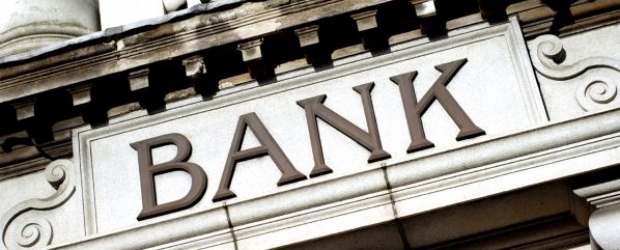If you are a US taxpayer and a client of a Canadian financial institution and have not been filing FBAR or other foreign disclosures required by the IRS, then you need to read this article.
Why?
Because Canadian banks will now be required to report your account to the IRS under the Foreign Account Tax Compliance Act(FACTA) legislation passed by the United States.
With Canadian banks subject to this reporting, there now exists a real threat that US taxpayers with undisclosed Canadian bank accounts could face serious penalties and prosecution at the hands of the IRS. In fact, just recently, the IRS targeted CIBC First Caribbean bank to obtain the names and identities of US taxpayers with accounts at the bank. Rest assured, however, its not just banks in tax havens that the Uncle Sam is targeting with its long arm of the law.
A U.S. citizen or resident with foreign financial accounts totaling more than $10,000 in the aggregate during any calendar year must file Form TD 90-22.1 (more commonly known as the “FBAR”) disclosing the accounts by June 30 of the following year. A U.S. citizen or resident who fails to disclose foreign financial accounts can be subject to criminal prosecution if the individual has purposefully evaded U.S. income tax, and may also be subject to substantial civil penalties. For example, the maximum penalty for willfully failing to file a FBAR is the greater of $100,000 or 50 percent of the highest amount in the foreign account during the year for each violation. When an individual has multiple violations over a number of years, the penalty can be greater than the amount of funds in the foreign account.
If you are a U.S. citizen or resident with an undisclosed bank account or other financial account at a Canadian financial institution, then you should consider making a disclosure under the IRS offshore amnesty program before your name is disclosed to the IRS. Once the Canadian bank discloses your name to the IRS, you are no longer eligible to participate in the program. Moreover, like the US account holders of the Swiss and Israeli banks that the IRS has recently targeted, there is a good chance the IRS will prosecute U.S. taxpayers based on information they receive from the Canadian banks.
The IRS Offshore Voluntary Disclosure Initiative is an amnesty program under which U.S. citizens and residents are given the opportunity to come clean about their unreported foreign financial accounts. By entering the program, individuals who make a voluntary disclosure of their foreign accounts and any unreported income related to the accounts generally will avoid criminal prosecution and will be subject to reduced civil penalties.
If you have unreported financial accounts at a Canadian financial institution, then the attorney and tax professionals at Gedeon Law & CPA are available to review your case, represent you before the IRS and help you become tax compliant. Contact us today to schedule a confidential consultation.




